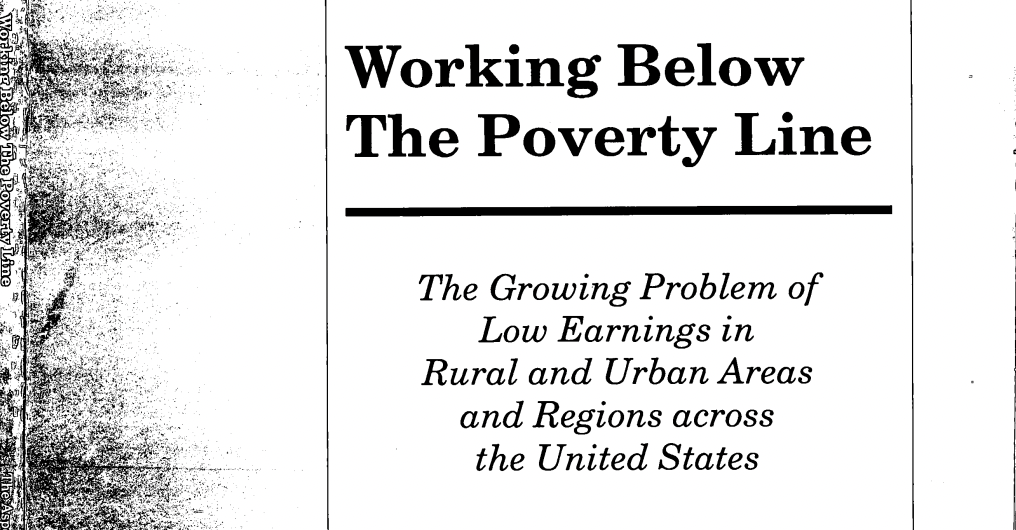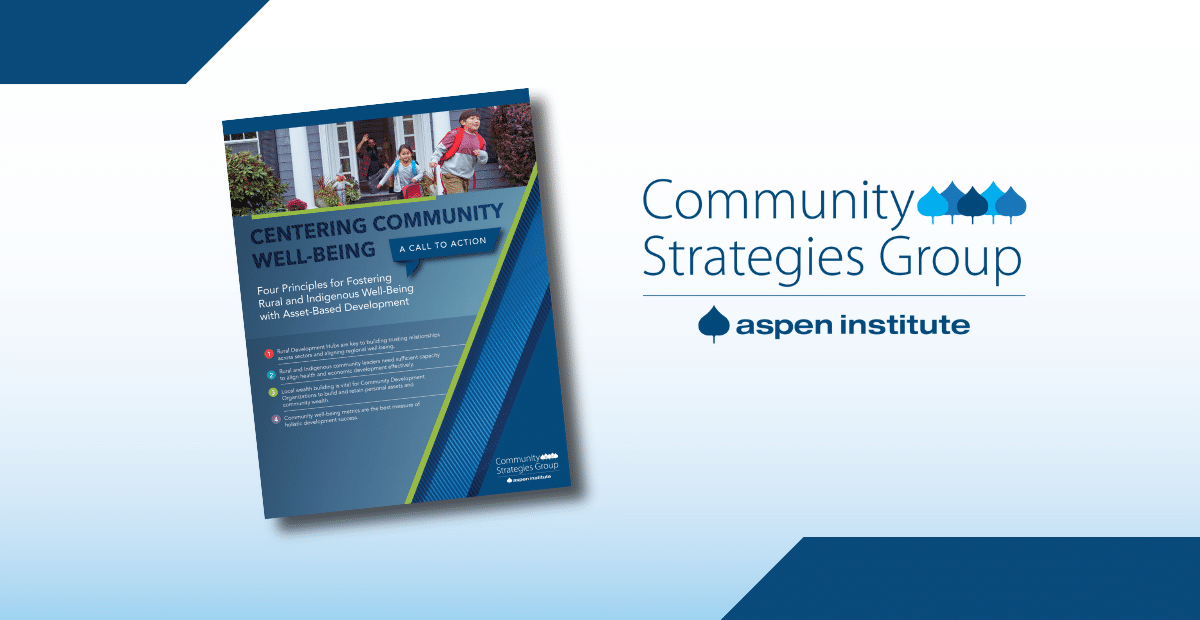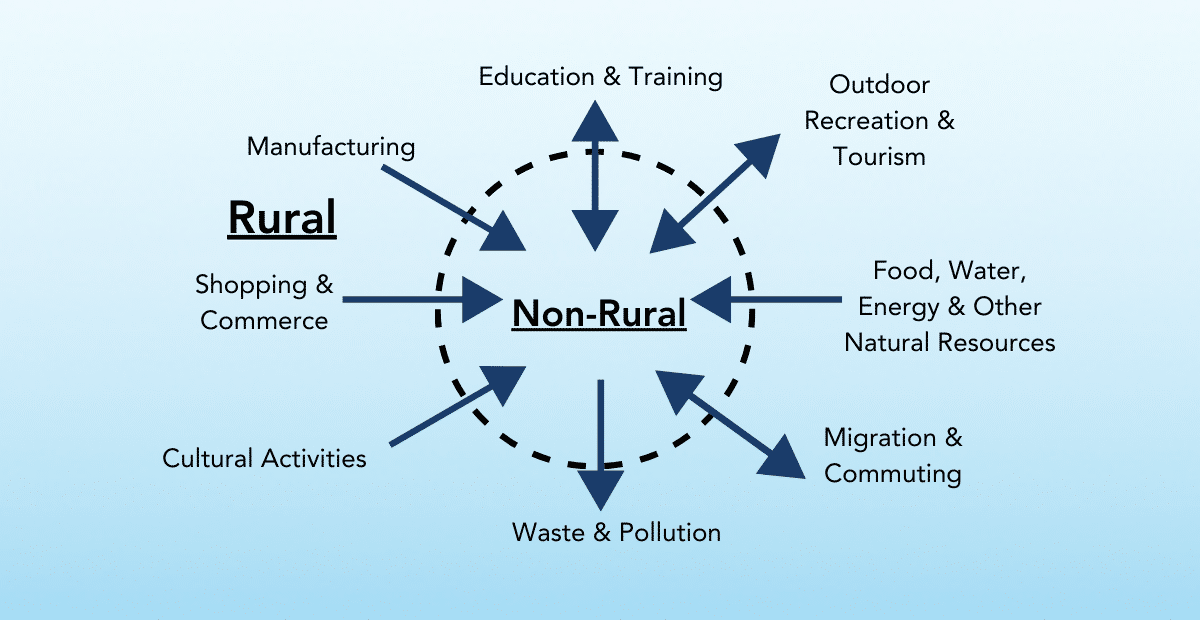View this Publication
This report examines how the earnings of American workers changed from 1970-1990. Findings show an increase in share of workers whose hourly earnings were too low to lift a family of four above the poverty line. In addition, earnings inequality showed growth among Blacks, Hispanics, young workers, high school dropouts, and workers with no more than a high school education.
Results all pointed to the value of education in securing higher earnings was lower for farm residents than that for either urban or rural residents. Proposed policy solutions fall into three areas: improving education and training (Head Start and Jobs Corps), increasing dividends from labor (Raise Min. Wage, EITC Increase, Welfare Reform, Reduce Employment Discrimination), and implementing a development policy for rural America (Infrastructure development including telecommunications, Housing Development, Marketing Enhancement for local businesses).
Report stresses that problem of low earnings is widespread geographically rather than limited to say just urban Midwest, thus calling for revisions at federal level policy like minimum wage reform.








